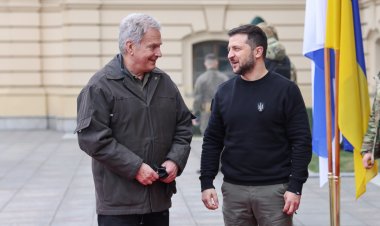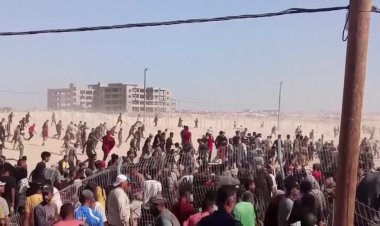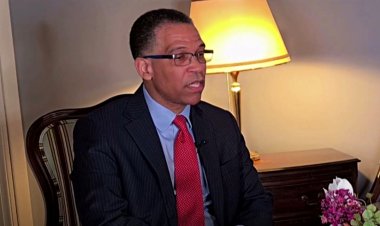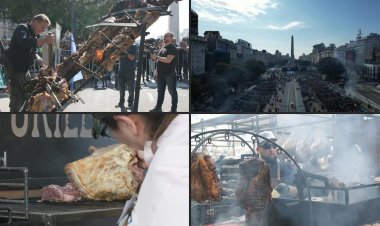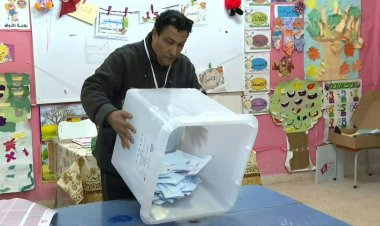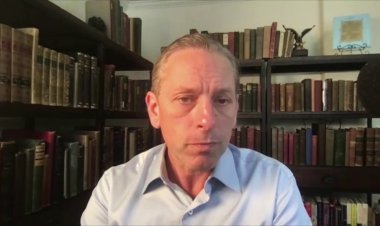Canadian PM visits indigenous community after snubbing earlier invitation
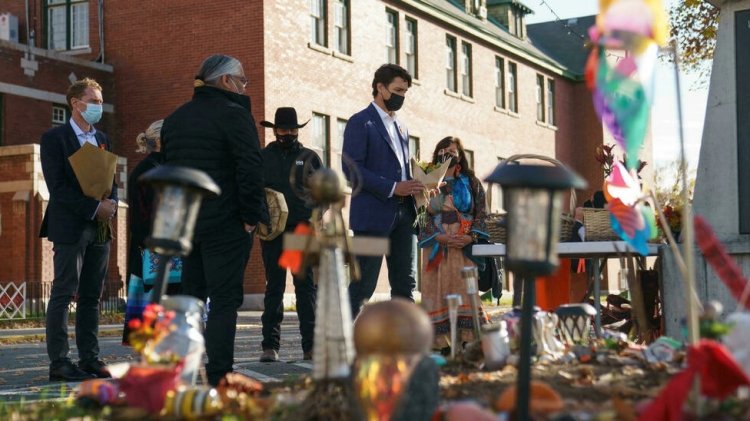
The visit followed strong criticisms directed at Trudeau for ignoring an earlier invitation to the community on the first national day of truth and reconciliation on September 30, and instead going on a family vacation.
Canada is still reeling after the public revelation that there were remains of hundreds of children buried at Catholic boarding schools set up a century ago to forcibly assimilate the country's indigenous peoples.
Nearly six months later, the indigenous community of Kamloops, which has become symbolic of the scandal, is still struggling to heal as it continues the search for other remains and tries to identify the victims.
For the first time since May, when the remains of more than 200 children were uncovered at the British Columbia school, Prime Minister Justin Trudeau will visit the Tk'emlups te Secwepemc community on Monday.
"Old wounds have been opened" in the past few months, the community's Chief Rosanne Casimir told AFP.
The revelation of the graves was a gut-wrenching confirmation for the indigenous communities, who have testified for years about the thousands of children who disappeared while staying at the boarding schools.
In recent months, more than 1,000 anonymous graves have been found near former Catholic Indian residential schools, shedding light on a dark chapter in Canadian history and its policy of forced assimilation of First Nations people.
"There were a lot of abuses and hunger" at the Kamloops school, the largest in the country, Evelyn Camille, a school survivor, told AFP. The 82-year-old community elder choked back tears as she spoke.
In total, some 150,000 Indian, Metis and Inuit children were enrolled from the late 1800s to the 1990s in 139 of the residential schools across Canada, spending months or years isolated from their families, language and culture. Thousands never returned home.
A truth and reconciliation commission concluded in 2015 the failed government policy amounted to "cultural genocide."




